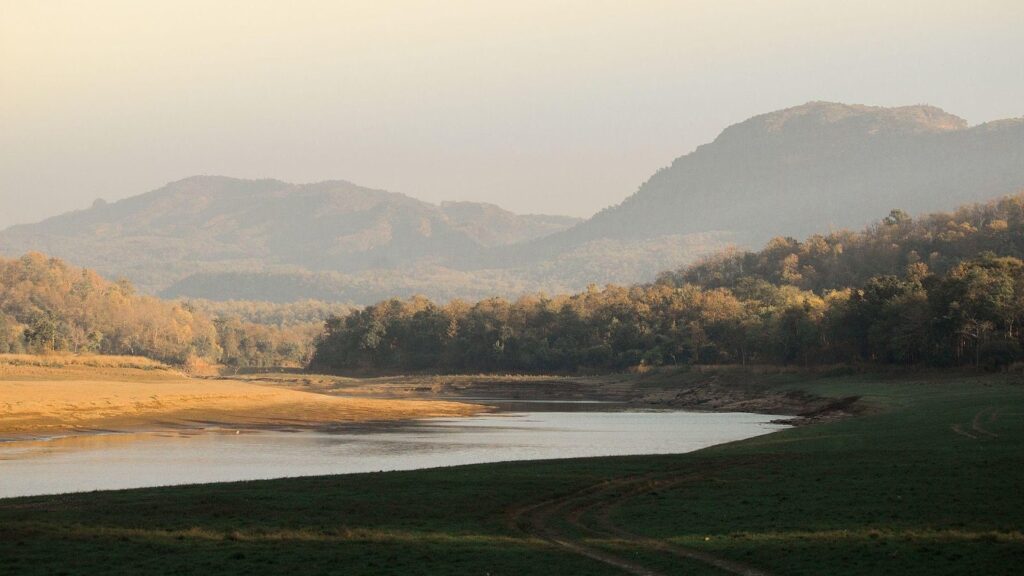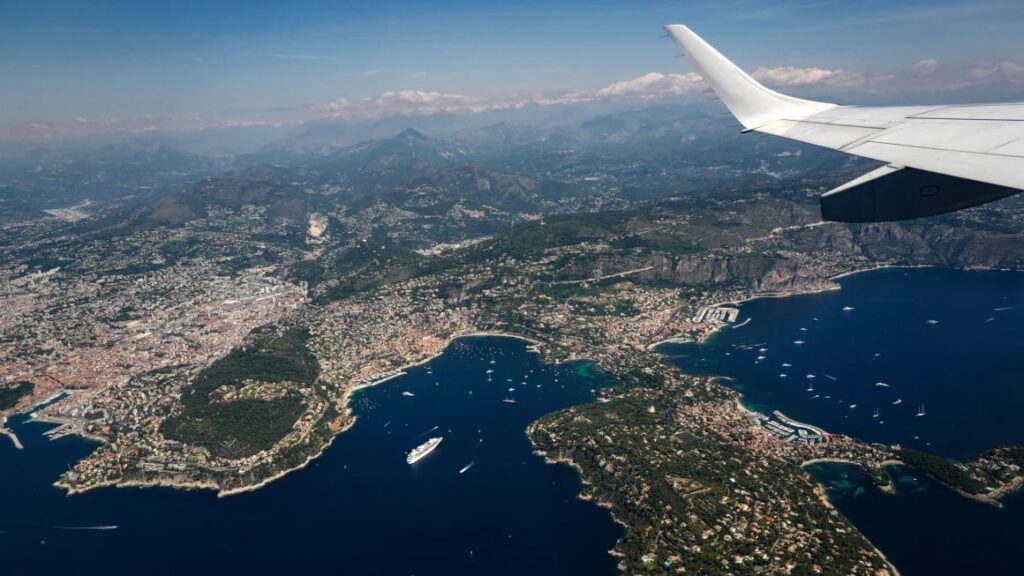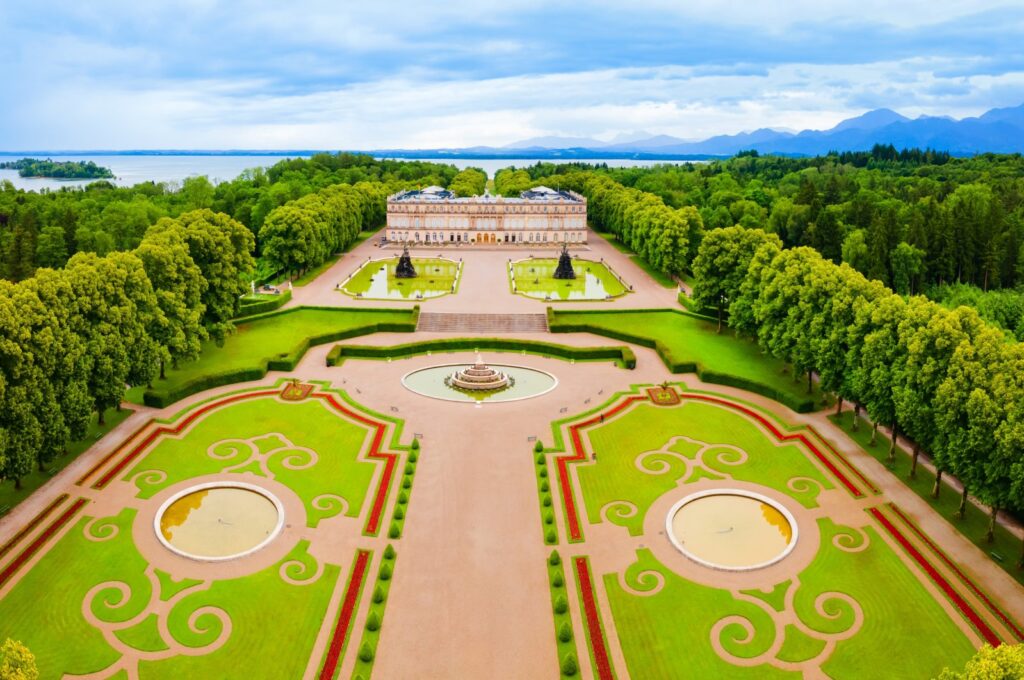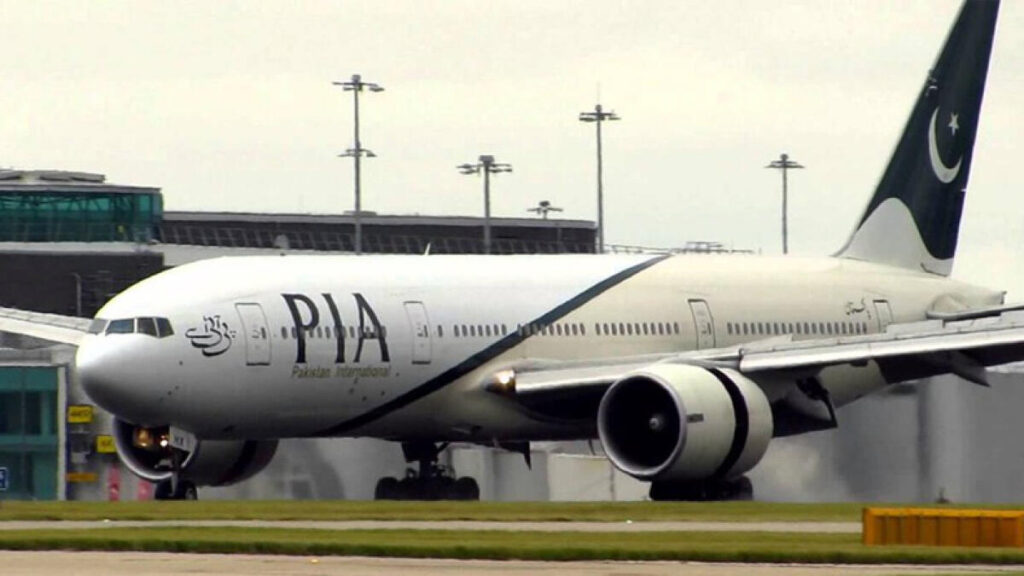
Srishti Chaudhary
In Germany’s south-west, nestled between the alps of the Swabian region and the densely wooded Schönbuch nature park, lies Tübingen, a university city that would put most Disney locations to shame.
The city is built around the almost perfectly preserved old town, with its cobbled alleyways, old timbered houses and rippling canals. (While historical centres of most German cities were destroyed during World War Two, just one bomb fell on Tübingen.) The river Neckar flows through the city centre, forming a little island – the Neckarinsel – which is covered with blossoms in the spring and shines golden in autumn.
Tübingen lies in Swabia, a German region famed for its frugality – and which is also one of the nation’s sunniest spots, making it considerably more cheery than other parts of the country with more gloomy, rainy weather. Significantly, being an academic city, it is small yet dynamic. “For the size of the city, I find it incredibly international,” said Nele Neideck, who runs an expat community.
I first came to Tübingen eight years ago to visit a friend, and, on first impression, the city seemed like a fairy tale, with its idyllic landscape and youthful vibe; out of the 90,000 residents, more than 27,000 are students at the University of Tübingen. We waded through gushing streams, feasted on Swabian specialties and travelled to parties in buses full of students. When I bid goodbye to this quirky town, I never imagined that years later I’d be returning to make it home. But that’s what Tübingen does: it pulls you in, and before you know it, the ease of living in a place as small and vibrant as this makes you never want to leave.

The river Neckar flows through the city centre, forming a little island, the Neckarinsel (Credit: 4FR/Getty Images)
But that’s not all that characterises Tübingen: it’s also innovative, green and allows the existence of alternative lifestyles.
To put the city’s singularity into context, Tübingen was one of the centres of the German student protests of 1968, which took place all over West Germany rejecting traditionalism and authority, which influenced the city’s leftist and environmental sensibility.
“In Tübingen, there are self-governed housing initiatives, where cooking and grocery shopping is organised collectively and is mostly vegan,” explained Jenny Bröder, who has been living in Tübingen for 12 years and works at the university. “The people running and living in these housings are often politically active, cultivate an awareness for social and ecological topics, and contribute to the cultural scene by organising concerts, lectures, festivals and parties. The food offered at these events is usually vegan too.”
In fact, a lot of people I have met since moving here are vegetarian or vegan, and it’s as common to ask if someone eats meat as it is to ask if they have allergies. Tübingen is even an official participant in Veganuary, the annual challenge that encourages people to go vegan for the month of January.
“Our vegetarian offering of the day gets sold out much quicker than the meat offering,” said Alok Damodaran, who runs a South Indian food truck in the city. This is significant in a country that is known for its sausage.

Sedat Yalcin’s popular Turkish bakery sells mostly vegetarian or vegan food (Credit: Srishti Chaudhary)
Green politicians have been a part of the District Council since way back in 1979. And as a third of its population are students, the city is home to an educated community that is aware of environmental issues. It is this young and energetic spirit that allows for sustainability to be functional.
For example, Amelie Dietenberger and Kajetan Krott started baking vegan banana bread during the pandemic, first making individual deliveries and then turning it to a business supplying to several cafes. “Tübingen has a certain feel of being green and happy, and has a lot of young people, which fits our project,” said Dietenberger. “People are so supportive because it’s a local initiative, and they especially appreciate it that we deliver it in an electric car.”
Tübingen has a certain feel of being green and happy, and has a lot of young people
Sedat Yalcin opened Ada Bakery in the city after coming here for an exchange programme several years ago, and now runs it with his wife, Aysenur-Sarcan Yalcin. While Germany is famous for its döner kebab and shawarma joints, in Yalcin’s bakery, virtually all the food is vegetarian or vegan. There are delicious böreks filled with spinach, potatoes, aubergines, tahini and cheese alongside simits, a circular Turkish bread, and heaping salads. “We are sold out every evening,” Yalcin said. “A vegetarian Turkish bakery works here because of all the students, but also people who are from here, they care about the environment.”
Tübingen is also constantly being redesigned and updated to be ever-more environmentally friendly. Wide and well-integrated bike lanes along with high parking fees makes the city very car unfriendly. An order passed in February 2022 declared that cars will no longer be allowed to drive on the city’s central street, which will be reserved for buses and bikes. Students can travel on buses for free on weekends and after 19:00 in the evenings, while bus travel is free for everyone on Saturdays. (The local government even plans to make buses free all the time.)
Tübingen spends three times as much per capita on bicycle infrastructure than Copenhagen, Boris Palmer, the city’s mayor, told me. And a new tax imposed at the beginning of 2022 – with Tübingen being the first city in Germany to implement it – has upgraded the green status of the city even further.

The city is known for being innovative and green, with modern housing designed to be energy efficient (Credit: Westend61/Getty Images)
The Verpackungssteuer(packaging tax) imposes an extra payment of fifty cents on any disposable packaging, from coffee cups to ice cream bowls to meal plates. In addition, all disposable cutlery like folks, knives and spoons cost twenty cents extra. Even pizza boxes and the foil around a takeaway falafel are taxed. Regardless of whether they’re made from sustainable or recycled material, anything that is one-time use will be costlier, based on the principle that non-production is better than future recycling or disposal.
The tax is already off to an encouraging start: the first few weeks resulted in up to 15% less waste in the city’s rubbish bins. The number is only set to rise, as more people get in the habit of bringing their own cutlery and restaurants start providing reusable dishes.
Both the residents and businesses of Tübingen have risen to the challenge. “I have stopped stocking any disposable plates,” said Naresh Taneja, who has owned vegan Indian restaurant Maharaja in Tübingen for 30 years. “We were already encouraging our customers to bring their own lunchboxes, and now this tax helped even more.”
Yalcin added that the local government provided assistance to deal with the packaging tax and helped them buy dishwashers and reusable cutlery.
The ruling has not gone down well with Tübingen’s only McDonalds, however, which is suing the city over the tax. With more than 1,500 restaurants across the country, McDonalds claim it’s hard to customise solutions and are arguing for a uniform framework as opposed to rules differing across cities. “We agree that the best packaging is the one that is not produced in the first place. But local special paths of individual cities or communities stand in the way of a nationally successful and implementable concept,” said a spokesperson, as the company is implementing targeted trials of their own reusables system.

The Verpackungssteuer aims to decrease waste in Tübingen – but McDonalds is suing the city over the tax (Credit: Freeartist/Getty Images)
It is not, however, the first time McDonald’s has tried to block such a move; the packaging tax was proposed in the German city of Kassel in the 1990s, but a McDonald’s lawsuit overturned the attempt.
However, Palmer is confident that Tübingen’s packaging tax will prevail when the case is heard in March 2022. “We believe that a city has the right to frame such a tax, and then even a big company has to accept that. I can’t believe why an international company can’t switch to reusables if every small business can do that.”
This gives us hope that there might be a way to overcome global warming
Palmer, who was appointed mayor in 2007, is credited by many for shaping Tübingen’s green policies, such as obligatory solar photovoltaic systems on roofs and the free buses on Saturdays. “We have seen a reduction in the emission of carbon dioxide per capita by 40% in the last 15 years, while Tübingen’s economy has grown by 40%,” he said. “This gives us hope that there might be a way to overcome global warming and keep growing.”
While much can be learnt from Tübingen’s model, perhaps it’s hard to replicate the city’s victories, as they emerge from a uniquely supportive social and political landscape. Some worry Tübingen runs the threat of going too far: a 2011 Spiegel article described the French Quarters, one of the greenest neighbourhoods in the city – and the country – as a “green hell”, presenting its residents as intolerant and hypocritically green.
Additionally, many feel that Tübingen is too academic to be considered a real-world example. “You will stay very much in the academic bubble if you live there,” said Kathi Winkler, who lived in Tübingen for several years before moving to Berlin.
Nevertheless, the example of Tübingen shows that paving the way for a greener planet can be achieved on a small scale, proving that small can be powerful, beautiful and inspirational.
Courtesy: BBC
The post Tübingen: Europe’s fiercely vegan, fairy-tale city appeared first on The Frontier Post.







